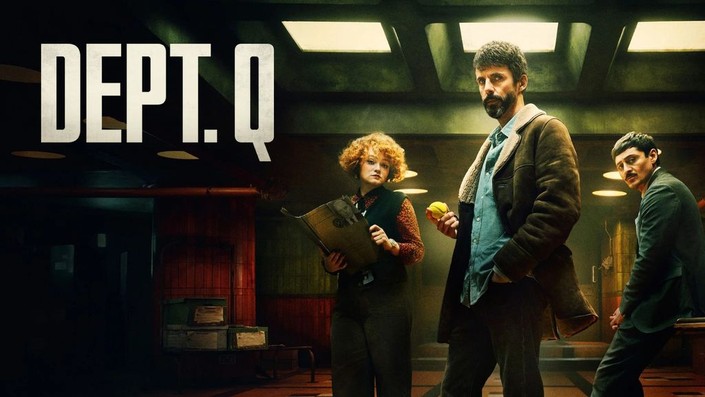Beyto – A Poignant Tale of Identity, Love, and Cultural Conflict
Beyto is a Swiss drama film directed by Gitta Gsell, based on the novel by Yusuf Yeşilöz. The film tells the deeply emotional and socially relevant story of a young gay man of Turkish descent living in Switzerland, caught between the expectations of his conservative family and his own desires and identity. With its strong performances and intimate storytelling, Beyto explores themes of self-discovery, cultural pressure, generational conflict, and the universal need for acceptance and love.
The titular character, Beyto, is a talented, athletic teenager and a well-integrated member of Swiss society. He is also a rising star in the swimming community. His life takes a dramatic turn when he falls in love with his swim coach, Mike. However, despite his sense of belonging in the liberal Western world, Beyto is still tethered to the traditional values of his Turkish immigrant family. When his parents discover his sexuality, they are overwhelmed with fear, shame, and denial. In an attempt to “fix” the situation and preserve family honor, they lure Beyto into a vacation trip to Turkey under false pretenses—and force him into a marriage with his childhood friend, Seher.

This moment marks a turning point in the film, where the drama intensifies and the conflict between individual freedom and cultural obligation becomes sharply drawn. Beyto finds himself trapped in a situation that denies his truth. He is torn between loyalty to his family and the painful consequences of conforming to traditions that don’t reflect his inner self. At the same time, Seher becomes a tragic figure of her own, unknowingly used in a plan that leaves her future entangled in lies.
What stands out in Beyto is the film's sensitive and nuanced portrayal of its characters. It does not reduce the parents to villains but instead presents them as products of their culture, struggling with change and fear. The film avoids melodrama and instead opts for a quiet, heartfelt tone, relying on body language, silences, and raw emotion to convey its message. The tension between two worlds—modernity and tradition, East and West, self and community—is depicted with realism and respect.
Director Gitta Gsell uses subtle cinematography and a restrained visual style to let the story shine. The pacing is measured, allowing time for character development and emotional depth. The performances, particularly by Burak Ates as Beyto, are powerful and authentic, capturing the internal turmoil of a young man who simply wants to live a life that is honest and free.

In conclusion, Beyto is a compelling and beautifully told film that speaks to anyone who has ever felt torn between personal identity and societal expectation. It offers no easy answers but instead opens the door for dialogue about acceptance, tolerance, and the complexities of cultural heritage in a modern world. Ultimately, Beyto is not just a coming-out story—it is a story about courage, transformation, and the power of choosing one’s own path.


